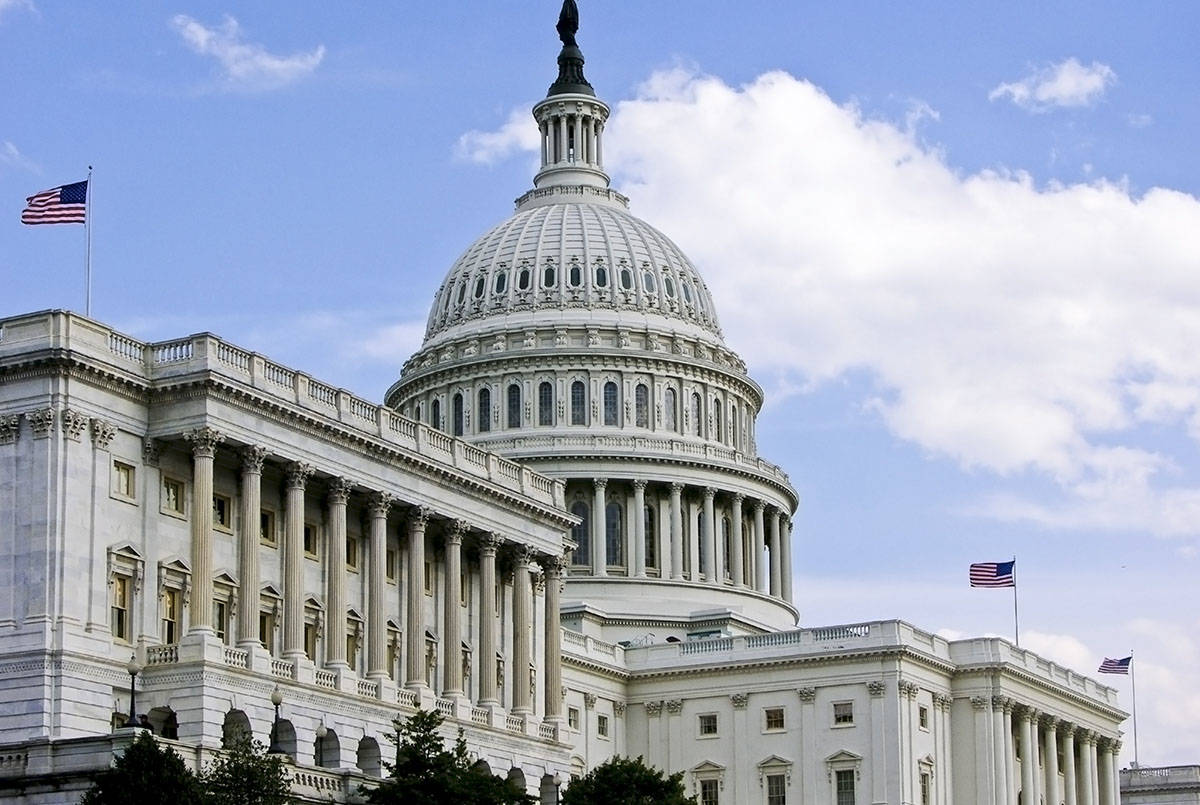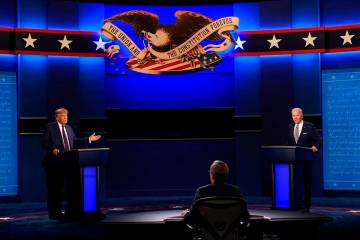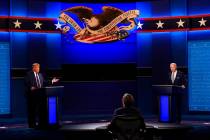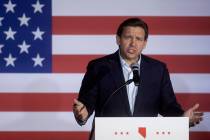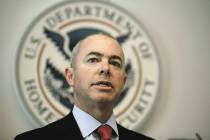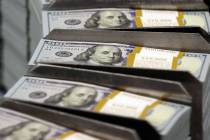EDITORIAL: Even during crisis, the urge for pork prevails in the Beltway
After nearly a week of haggling, Congress finally passed a $2 trillion coronavirus stimulus bill on Friday. The package contains direct payments to families, money for state and local governments, loans for corporations and small businesses — and pork. Lots of pork.
Much of the spending can be justified as a reasonable attempt to mitigate the massive damage imposed by the virtual shutdown of large sectors of the economy to combat the spread of coronavirus. While many critics chafe at the “corporate welfare” contained in the legislation, a coherent argument can be made for such aid when governments across the country have ordered workplaces to close.
Less justified is the practice of using the urgency of the situation as a cudgel to advance unnecessary expenditures at a time of great uncertainty. The $25 million appropriation for the Kennedy Center has received plenty of attention, but it’s barely the tip of the iceberg.
The measure also includes “$100 million for NASA construction and environmental compliance and the Legal Services Corporation, as well as $300 million for the National Endowment for the Arts, National Endowment for the Humanities and Corporation for Public Broadcasting,” writes Michael Grunwald of Politico. Then we have “$20 million for the Bureau of Reclamation to the $33 million for the National Oceanic and Atmospheric Administration.”
Mr. Grunwald also notes that House Democrats stuffed their bill with $31 million for “bio-surveillance of wildlife,” $45 million for the Agricultural Marketing Service and, at a time when air travel has virtually ground to a halt, $26 million for TSA overtime.
Kimberely A. Strassel of The Wall Street Journal picks up the theme.
“The Forest Service gets $3 million for ‘forest and rangeland research,’ $27 million for ‘capital improvement and maintenance’ and $7 million for wildfire management,” she wrote Friday. Then there’s an “odd $78,000 ‘payment’ to the Institute of American Indian and Alaska Native Culture and Arts Development. A water project in central Utah gets $500,000. Appropriators can sneak a lot into 880 pages.”
Not content with all the above, Democrats included plenty of sops to their favorite constituencies, particularly organized labor. The Postal Service and its powerful union got $25 billion, while the measure includes “a major bailout of underfunded multi-employer pension plans that coal miners, Teamsters and other labor groups have been pushing for years,” Mr. Grunwald reports.
Some of the measures in the original House bill didn’t make it into the final legislation, yet the exercise was instructive.
“But if the Capitol Hill negotiations exposed the GOP as the stingier party when it comes to helping workers and vulnerable families, and the more generous party when it comes to helping bailed-out companies avoid strict conditions,” Mr. Grunwald observes, “the House bill does reinforce stereotypes of the Democrats as the party of Big Government, exploiting a pandemic to pour taxpayer dollars into heating assistance for the poor, runaway youth programs and subsidies for little-used airports serving smaller cities. It wouldn’t be a Democratic economic relief bill without an extra $1 billion for Head Start, even when Head Start programs are shuttered for the pandemic.”
In addition, Ms. Strassel points out that while Democrats insisted on certain conditions for corporations that will benefit from Washington’s assistance, they saw no need to impose similar shackles on how state and local governments use the billions they will receive under this legislation.
No one know wheres this crisis will end. Lives are at stake from both the coronavirus itself and the economic fallout. Extraordinary action is necessary to help many Americans survive, and there will no doubt eventually be a fourth round of “stimulus” coming out of Washington. When it does, is it too much to hope during these extraordinary times that our representatives resist their worst instincts and confine their generosity to programs actually intended to blunt the damage caused by the coronavirus?



